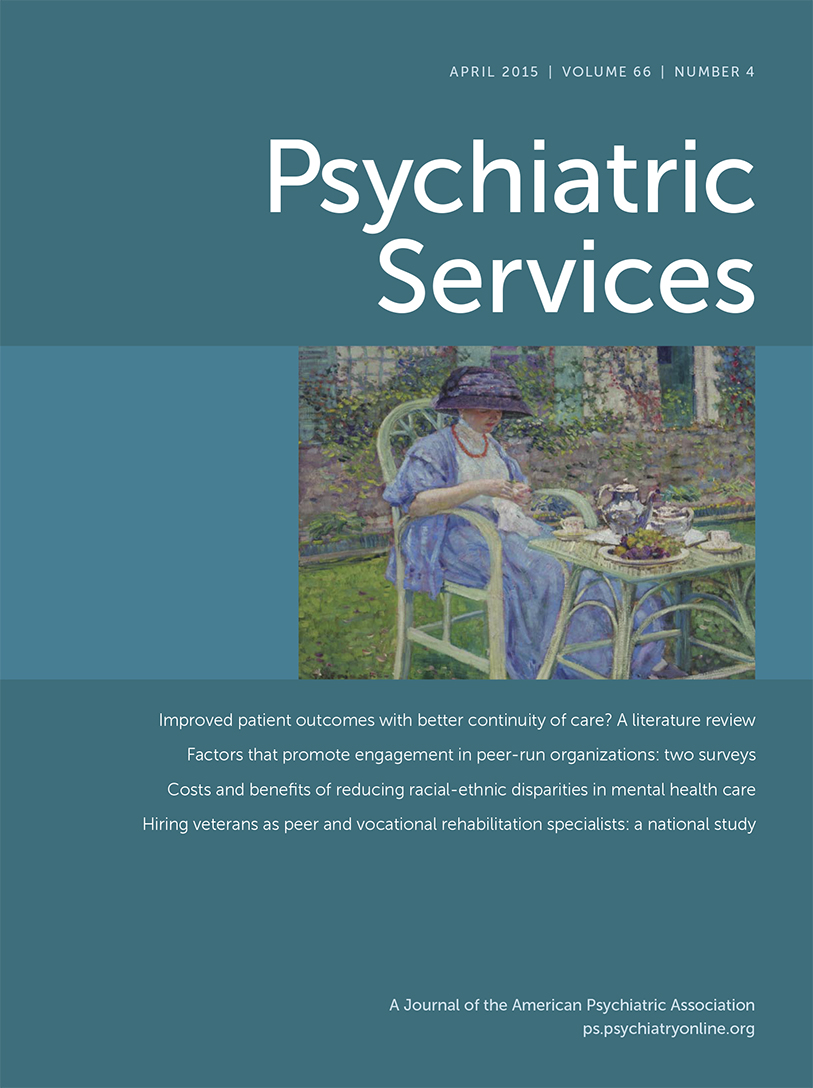Step Up to the Bar: Avoiding Discrimination in Professional Licensure
Abstract
In their efforts to protect the public from impaired professionals, licensure boards often have created special rules for applicants with mental disorders. The authorities in charge of admission to the Louisiana bar required extensive disclosure of mental health status, even if an applicant’s professional functioning was not impaired. After the U.S. Department of Justice found that Louisiana’s practices violated applicants’ rights under the Americans with Disabilities Act, the state agreed to focus on applicants’ functional impairment rather than on mental disorders. This settlement may provide a model for licensure boards in other states and for other professions, including the health professions.



